Review of Opera Vox
Introduction
For years, cinema was a silent medium, with the exception of the occasional organist. With sound came music, and the first animations with sound eschewed speech for music. Later Hollywood cartoons made by various studios were short comedies punctuated by music, with names like Silly Symphonies, Merry Melodies and Looney Tunes. Speech was always secondary to ensure a global audience. Of all the studios, Disney realised the power of music more than most, and their feature animations were essentially animated musicals. This culminated in the groundbreaking Fantasia, a feature length animation set wholly to classical music. Other studios soon latched on to this, and in the late 40s Tom and Jerry went head to head with Bugs Bunny in controversially similar cartoon shorts, Cat Concerto and Rhapsody Rabbit, where both Tom and Bugs attempted to play Hungarian Rhapsody No. 2 in the face of rodent interference. It was Tom and Jerry who walked away with the Oscar. But in terms of quantity of material, it was Bugs Bunny whose output was prodigious. Three times he entered the world of Opera, with Long-Haired Hare, Rabbit Of Seville and the Wagner inspired What`s Opera Doc. With Daffy, Bugs also performed The Carnival Of The Animals by Camille Saint-Saens, in a more scholastically inclined cartoon.
All this goes to show that animation has always been intertwined with music, and the limitless possibilities of animation allows music to be presented in ways unimagined in live performances, and in doing so attract audiences who would normally not consider listening to certain types of music. In Operavox, the BBC and S4C have collaborated with The Welsh National Opera to bring Opera to a wider audience in a collection of six short animations. This involves editing each Opera down to half an hour in length, and creating six animations, differing in style to accompany the performances. The six operas on this disc are The Barber Of Seville, Carmen, The Magic Flute, The Rhinegold, Rigoletto and Turandot.
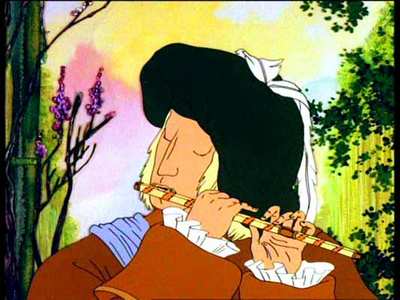
Video
The picture on this disc is a 4:3 regular transfer throughout, and the transfer quality is perfectly fine. I failed to see any compression artefacts in any of the animations. However the image quality varies from animation to animation, with The Barber Of Seville particularly prone to print damage and grain, while Carmen is practically unblemished.
The Barber Of Seville is a stop motion animation with puppets, with the conceit that the puppets are staging the performance in a theatre. The Magic Flute, The Rhinegold and Turandot are more traditional cel animations. Some of the character designs are simplistic, especially in The Magic Flute, but The Rhinegold is impressive in scope while Turandot makes the animation feel like a piece of Chinese artwork. In a similar vein, Carmen appears to take place in an oil painting, but the characters in this piece are actually the live action performers, but treated in postproduction to look as if they are cel animations. Finally Rigoletto is a Claymation. I have a hard time deciding whether the animation is simply cluttered or visually sumptuous, but either way the cast of grotesques makes for interesting viewing.
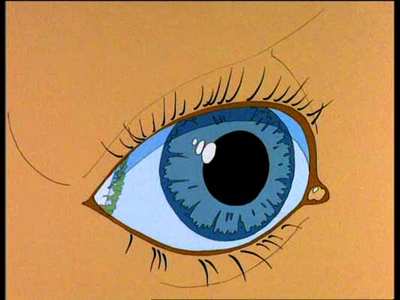
Audio
The soundtrack is a simple DD 2.0 track, perfectly suitable given the brief nature of the animations, but I would have expected something a little more expansive for the music. The subtitles are accurate throughout, but are written in a thick font, that occasionally has letters overlapping.
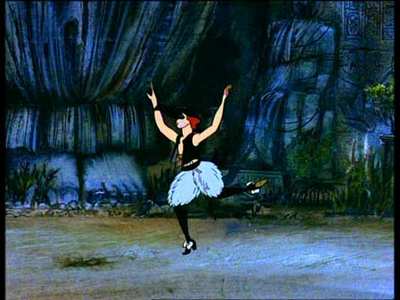
Features
The main menu screen allows you to choose the opera you wish to watch, or a convenient Play All feature. Select an opera and you`re taken to a Chapter select screen with four chapters to choose from. You`ll also find brief text biographies for all the composers whose works are featured on this disc, Gioachino Rossini, George Bizet, Wolfgang Amadeus Mozart, Richard Wagner, Guiseppe Verdi and Giacomo Puccini.
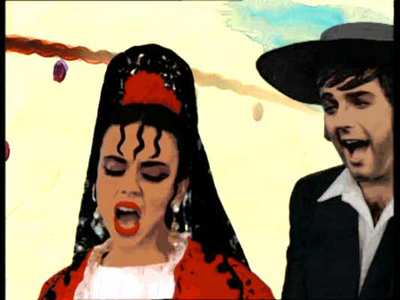
Conclusion
When I was thirteen, my dad bought me a book called Tales From Shakespeare, a series of stories taken from Shakespeare`s plays and rewritten for a young audience. Like all educational experiences, it remains unread to this day. I got a similar feeling from this disc of abridged and translated operas, despite the adult nature of some of the animations (most notably Rigoletto). You can feel the culture and earnest desire to broaden young minds as you watch these performances. I couldn`t help wondering just how much had been lost in the translation.
Cutting down operas from something like three hours to half an hour means jettisoning quite a lot of material. In order to keep a feel of the story, some of the animations actually have spoken lines to efficiently provide the exposition. Incidentally everything has been translated into English and performed by the Welsh National Opera. Given my extensive experience with the medium, i.e. none whatsoever, I don`t feel confident enough to comment on whether this is a good or bad thing. In many ways, these animations feel like trailers for the real thing, brief tasters to whet appetites and entice potential audiences to the theatre.
There are two aspects to consider when it comes to these operas, the animation and the story. They are not all of a piece, with the animations being produced in various studios in Europe, including a couple from Moscow. I think the worst animation was The Magic Flute, simplistic characters and unrealistic animation made me feel as if my school had dragged me to a performance of Peter and The Wolf. In Operavox`s favour though is the proportion of quality animations, although none approach cinematic or even mass-market television quality. Nevertheless, The Rhinegold and Turandot were impressive cel animations, Rigoletto a feast for the eyes and Carmen simply splendid in its blending of animation and live action.
In terms of story, Turandot bordered on the absurd, The Barber Of Seville was comical, while Carmen and Rigoletto were tragic and moving. I love The Rhinegold though, as it appealed to the Tolkien fan in me, with its story of the forging of a cursed ring of power.
Operavox is an interesting idea, a way of bringing opera to the masses, but I`m not that sure that it will be successful. There is still something of the classroom about this series; it`s too heartfelt and well meaning to serve as pure entertainment. The animations vary in quality, but where they are good, they work well with the music to tell an effective story. They serve well as tasters for the real thing, and opera aficionados may like to see these works presented in a different way. I personally found it interesting just how many pieces of music I recognised from promotional campaigns, adverts and films. I think Turandot will forever be associated with football in my mind now.
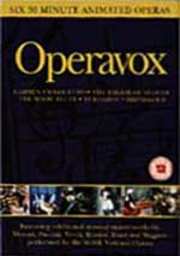




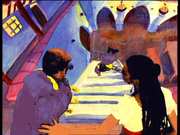
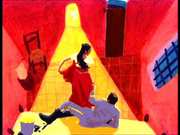
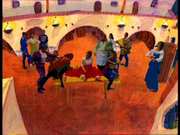
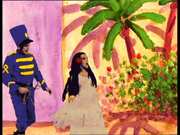
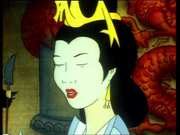
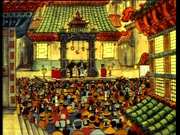
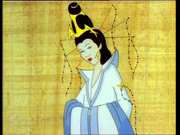
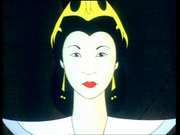
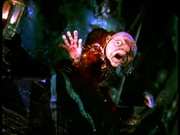
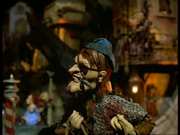
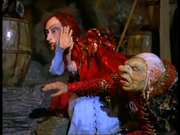
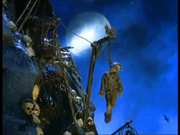
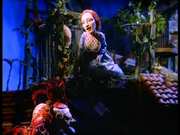
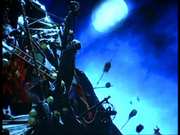
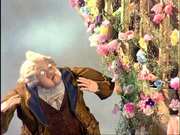
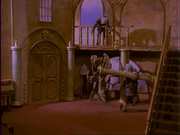
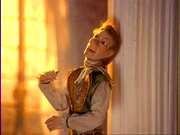
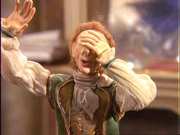
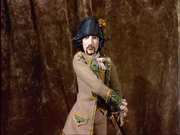
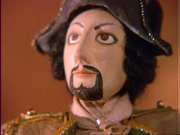
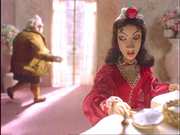
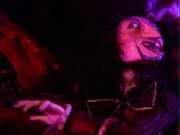
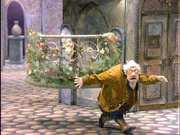
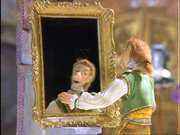
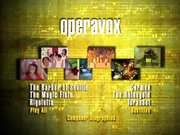
































Your Opinions and Comments
Be the first to post a comment!